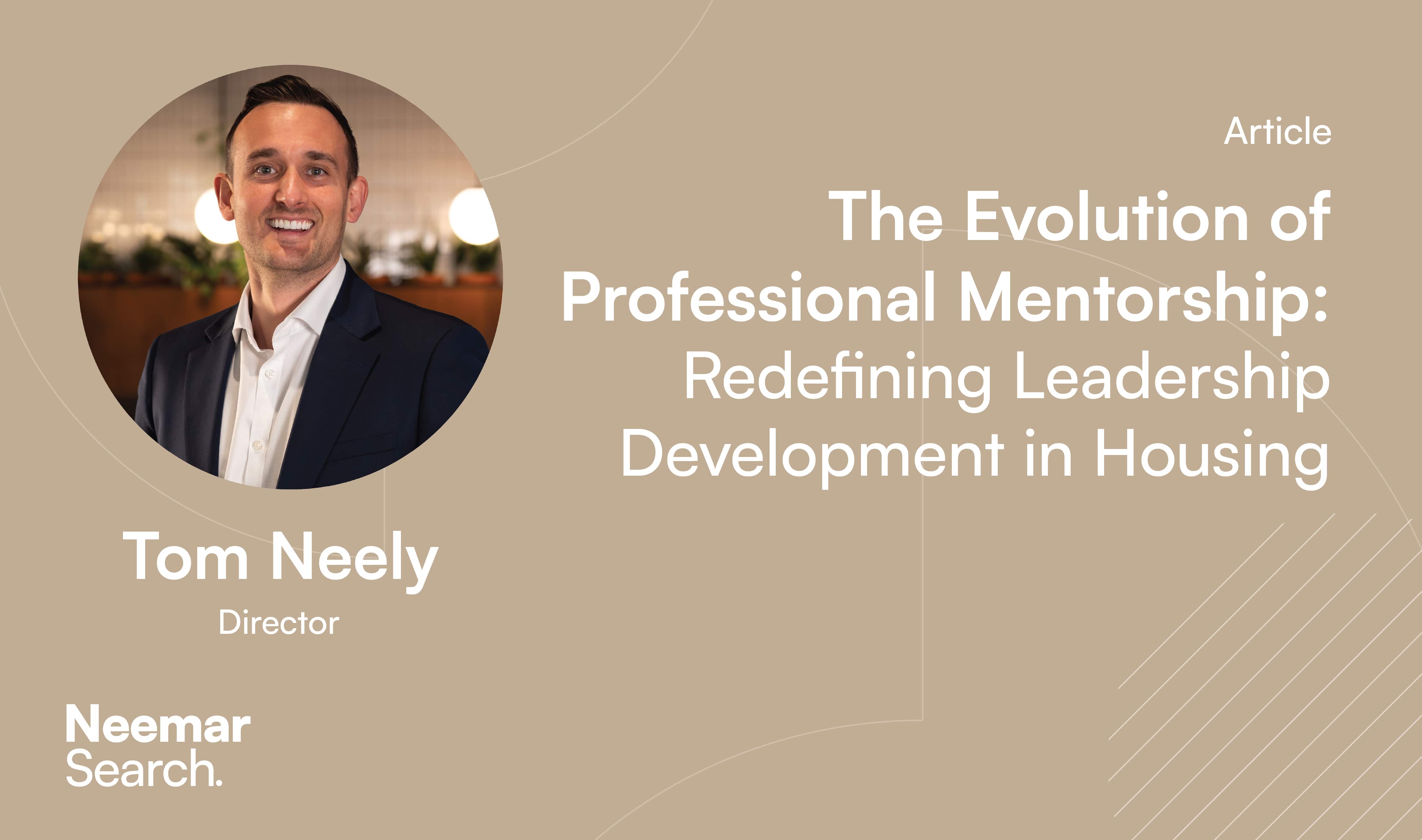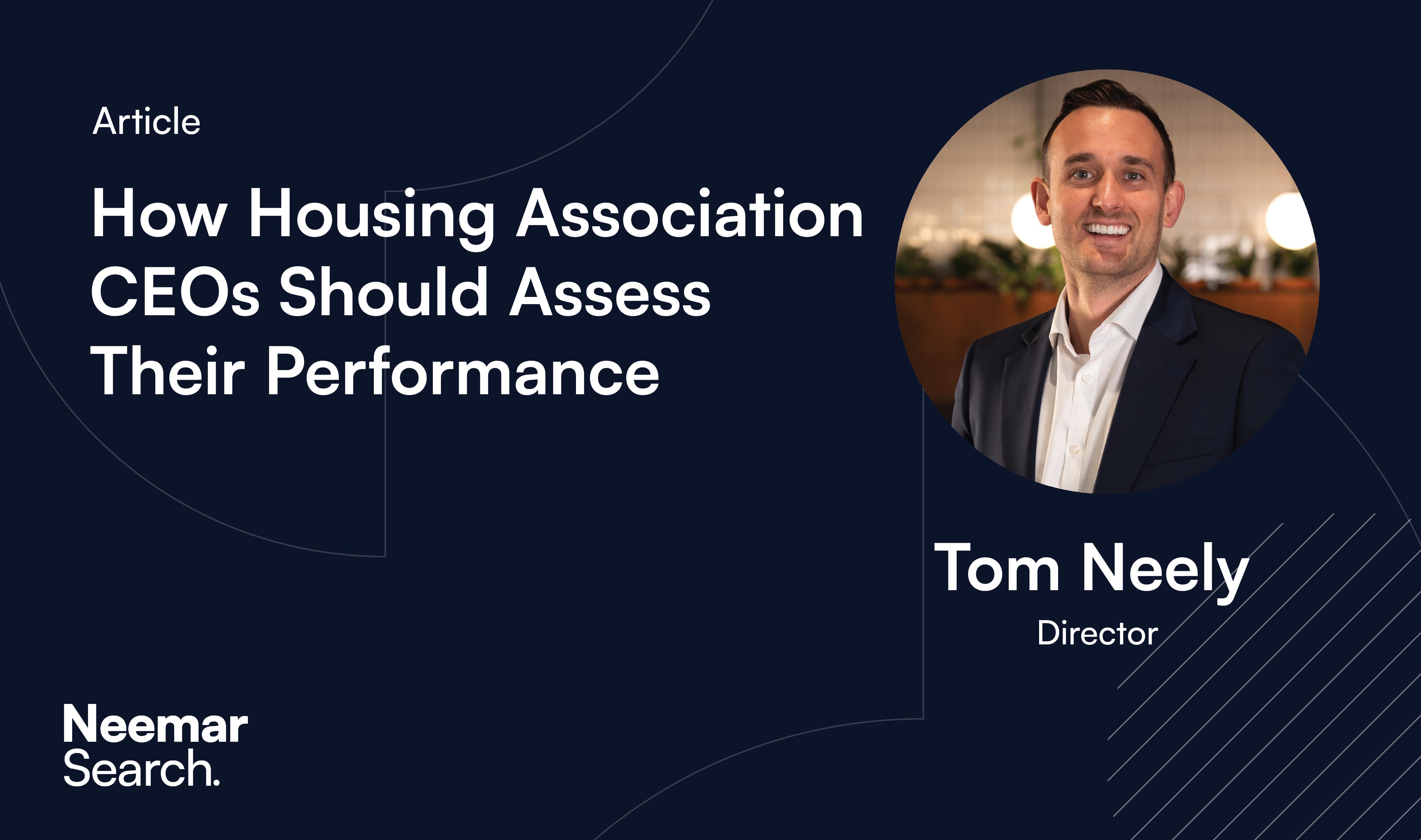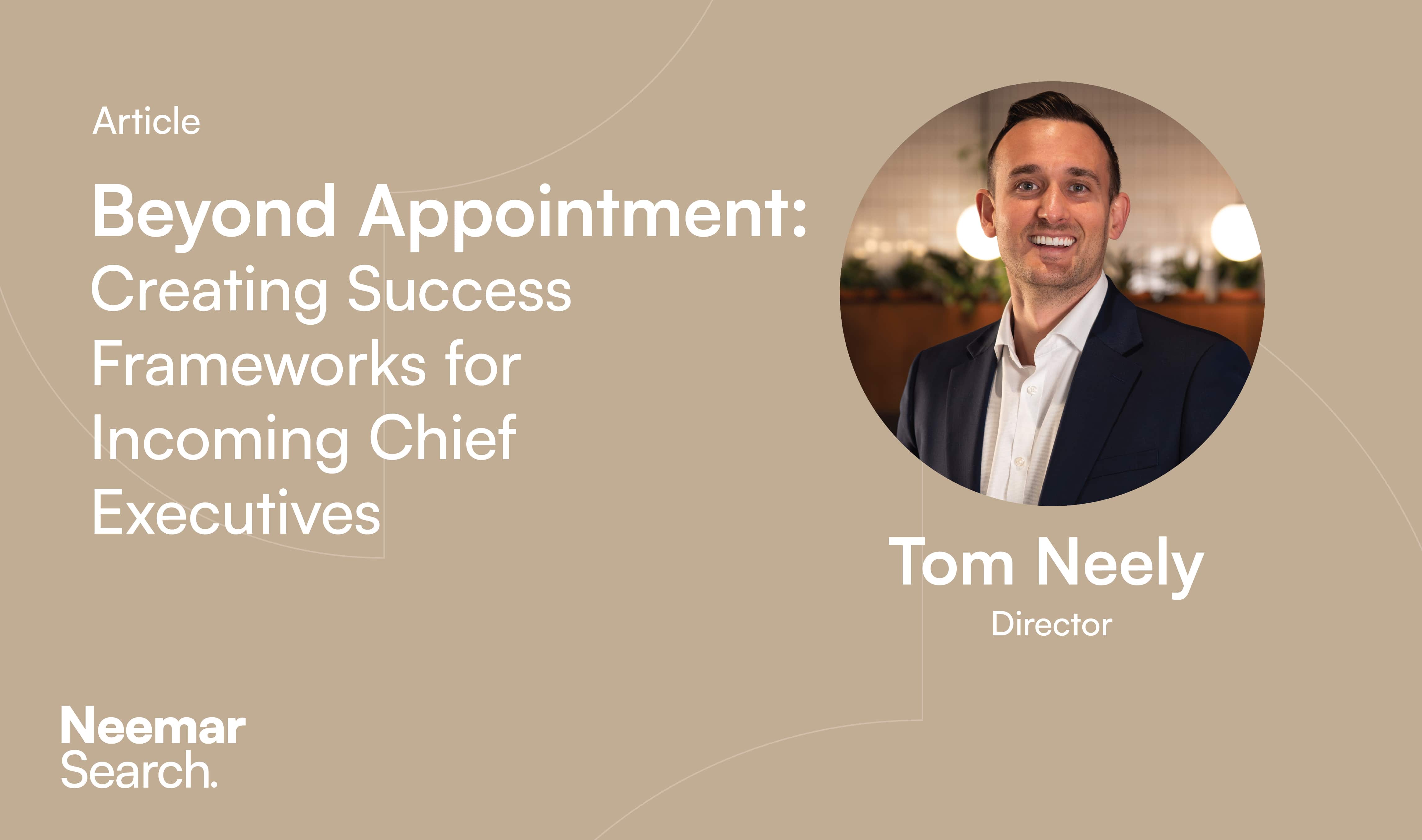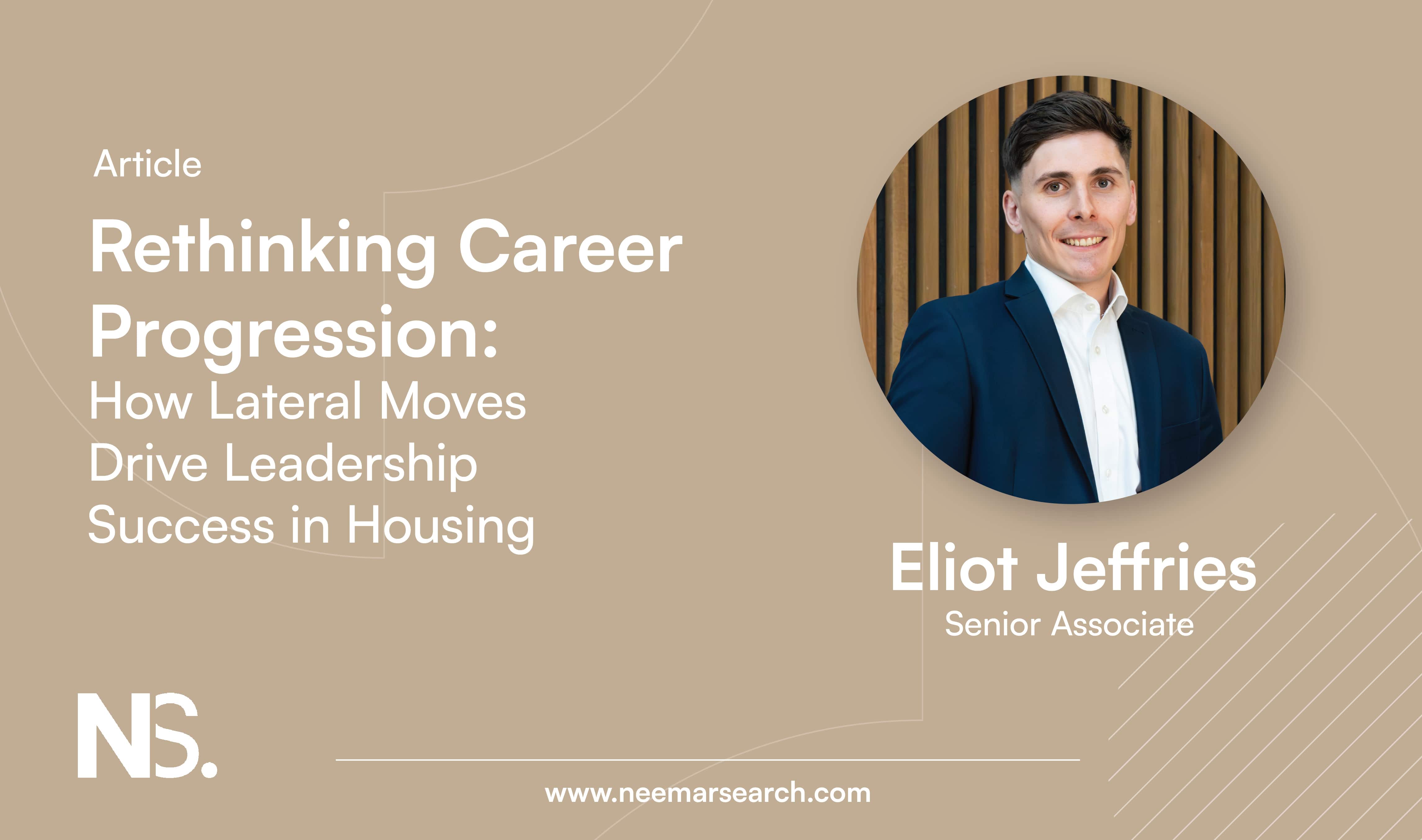The Evolution of Professional Mentorship: Redefining Leadership Development in Housing
30 Jan, 20255 Mins
The landscape of professional mentorship is undergoing significant transformation, with housing associations facing new opportunities in how they approach leadership development and knowledge transfer. Recent insights reveal the critical importance of structured mentorship systems in today's complex operating environment within the social housing sector.
Understanding the Current Mentorship Landscape
The past few years have witnessed a remarkable shift in how housing associations approach mentorship. Traditional models are evolving, creating both opportunities and challenges for leadership development within the sector. Several key factors are driving this transition, including the emergence of reverse mentoring and an increased focus on multi-generational knowledge sharing to meet the unique challenges facing social housing.
Strategic Mentorship Frameworks
Housing associations are implementing innovative approaches to mentorship, focusing on creating value for both mentors and mentees through structured relationships that benefit all parties involved.
Reverse Mentoring Evolution
A significant development in the mentorship landscape is the implementation of reverse mentoring programmes, where less-experienced employees share their expertise with executive team members. This approach has emerged as a crucial strategy for housing associations addressing generational knowledge gaps and providing fresh perspectives on resident engagement, digital transformation, and changing workplace dynamics.
Traditional Mentorship Enhancement
Traditional mentorship continues to play a vital role in housing associations, offering guidance and wisdom from experienced leaders who understand the complexities of the sector. This approach facilitates direct knowledge transfer from seasoned professionals, provides first-hand exposure to leadership challenges unique to social housing, and helps build understanding of complex stakeholder relationships. Working with experienced mentors allows emerging leaders to gather invaluable insights into navigating the specific challenges of housing association leadership.
Creating Sustainable Impact
Housing associations are increasingly recognising that effective mentorship programmes must foster personalised development, strategic guidance, and enhanced decision-making capabilities. These initiatives can evolve organically and continue for as long as both parties find value in the relationship, providing guidance that enhances professional growth and leadership skills within the context of social housing.
Implementation and Development
At Neemar Search, we recognise the importance of supporting future leaders through their professional journey within the housing sector. Through our commitment to leadership development, we encourage both traditional and reverse mentoring approaches, designed to equip housing association leaders with the necessary tools and experiences for their continued growth.
Board members and executives within housing associations emphasise the importance of creating robust mentorship systems that balance immediate development needs with long-term strategic growth. This approach necessitates clear definition of mentoring relationships and regular progress assessment. Associations must remain flexible in adapting these programmes while maintaining strong alignment with both individual and organisational goals.
Future Outlook
As the leadership landscape continues to evolve, housing associations that combine robust mentorship systems with proactive development initiatives position themselves to build stronger leadership pipelines and more resilient teams.
In conclusion, the evolving complexity of professional development in social housing demands a more comprehensive and structured approach to mentorship. Associations that implement these strategic frameworks position themselves for greater success in navigating today's challenging operating environment.
For more information about mentorship programmes or to discuss how we can support your leadership development journey within the housing sector, please contact myself or the team for more information.



